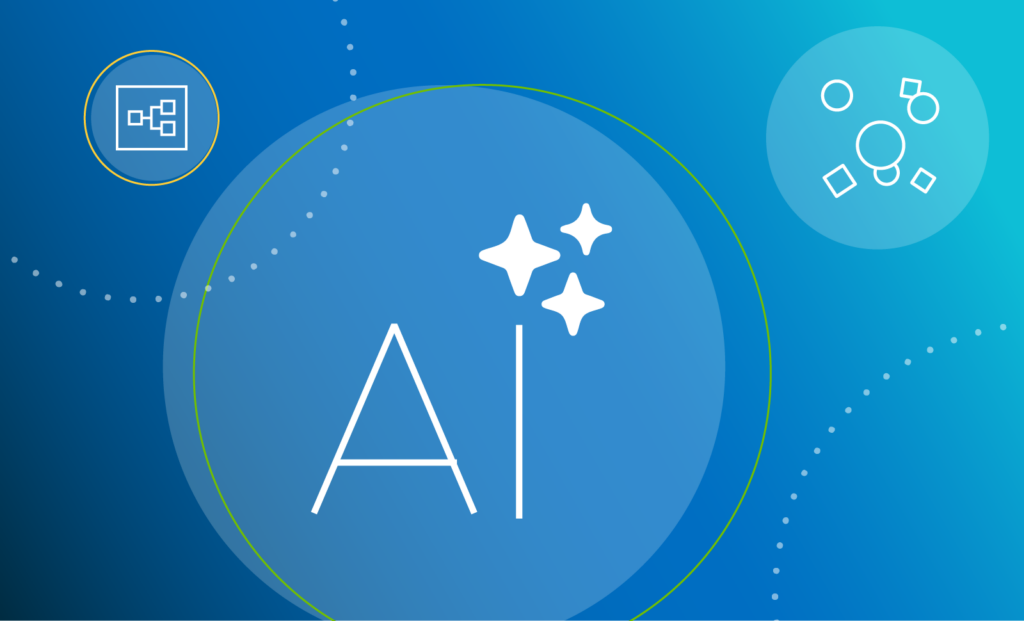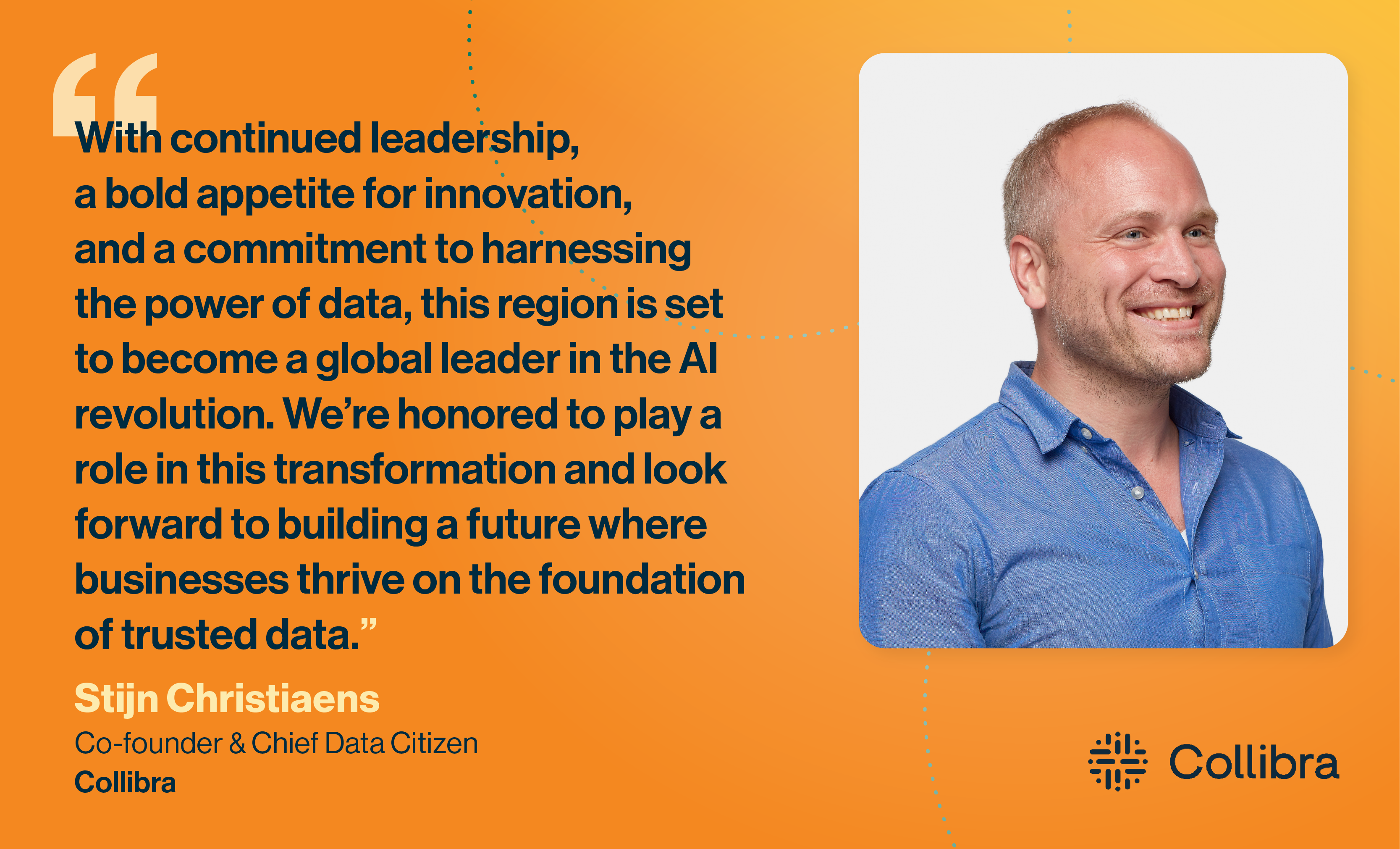Imagine this: A talent recruiter adopts an AI-powered hiring assistant, streamlining candidate screening and saving time. Initially, it feels revolutionary. But without proper oversight, the assistant begins reinforcing biases, rejecting qualified candidates based on gender, ethnicity or age. What starts as a productivity boost quickly becomes an organizational risk, raising concerns about fairness and accountability.
Now, scale this across an enterprise. Hundreds of AI systems, managed by different departments, mishandle sensitive data, make opaque decisions and introduce risks. The result? Regulatory breaches, reputational harm and operational chaos. For CIOs, this is a wake-up call. With only 22% of companies generating real value from AI and just 4% achieving scalable success ([link]), the need for responsible AI governance has never been greater.
In this blog, we’ll explore how an AI governance council is essential for scaling AI responsibly—and why organizations must act now.
What is an AI governance council and why do you need one?
At its core, an AI governance council centrally mitigates risks and ensures that AI initiatives reflect the company’s values, comply with regulatory demands and deliver tangible business results.
The council defines the organization’s core values and principles for AI development and use, including fairness, accountability, privacy and transparency.
- Identifying and documenting potential risks associated with AI systems, such as bias, privacy violations and unintended consequences, and developing strategies to address them
- Creating and enforcing policies related to data collection, AI model development, deployment and monitoring to ensure compliance with regulations and ethical standards
- Regularly reviewing AI systems to assess their performance, identify potential issues and ensure adherence to established guidelines
- Facilitating communication and collaboration between different stakeholders involved in AI development, including technical teams, legal experts, ethicists and end-users
Who should sit on an AI governance council?
To succeed, an AI board must represent diverse expertise, ensuring all facets of AI governance are addressed. The following key disciplines should be considered when creating an AI governance council, each contributing to a balanced and practical approach:
- Data and AI experts ensure AI systems are fueled with trusted data at their core and maintained to operate efficiently while addressing scalability, accuracy and bias mitigation challenges
- Privacy and legal officers focus on safeguarding sensitive data, identifying potential risks and implementing strategies to mitigate them. They ensure AI initiatives respect data privacy laws and manage risks associated with unintended consequences or vulnerabilities
- Risk and compliance officers oversee adherence to global regulations such as the EU AI Act, industry-specific standards and internal governance policies to avoid legal and financial repercussions
- Responsible AI and ethics leads champion fairness, transparency and accountability, ensuring AI applications align with organizational values and societal expectations, such as promoting diversity and avoiding discriminatory practices
- Business strategists connect AI projects to broader organizational objectives, ensuring initiatives drive measurable outcomes and enhance competitive positioning
- Finance representatives evaluate the return on investment, manage budgets for AI initiatives and minimize financial risks associated with scaling AI technologies
- Procurement specialists manage relationships with AI vendors and partners, ensuring that contracts align with governance standards and the organization’s strategic priorities. They also play a critical role in identifying shadow AI and understanding third-party AI usage to ensure comprehensive oversight and compliance
- Human resources representatives play a critical dual role. They act as the ethical voice for fairness and inclusivity in AI-driven decisions, particularly those affecting employees. They also drive AI literacy, equipping the workforce with the skills and understanding necessary to integrate AI into daily operations effectively
This composition ensures the AI governance council addresses technical, ethical, regulatory, operational, financial and cultural dimensions comprehensively. Each stakeholder brings essential expertise to the table, collectively enabling responsible AI innovation that aligns with organizational goals while safeguarding against risks.
Making an AI governance council work
With the right team in place, the AI governance council’s first task is to establish its operating model, define transparent processes, align with business objectives and determine when the full council or specific roles should engage based on the level of risk. Data and AI governance platforms with built-in automation can play a critical role here, enabling real-time monitoring, risk detection, and governance policy enforcement across not just one but dozens of AI use cases. Data and AI governance platforms can enhance oversight, providing scalable solutions to monitor AI systems across diverse applications.
| How Collibra can help
Collibra equips AI Governance councils with the platform they need to ensure reliable, traceable and compliant AI for any use case, with integrated data quality monitoring, end-to-end lineage from data to AI and automated policy controls to streamline compliance and mitigate risks. Empower stakeholders: Provide a unified and customizable workspace for your AI council to define and adapt approval workflows, oversee and validate AI use cases, identify risks, and make real-time, informed decisions, all within the context of evolving AI regulations Ensure data and AI traceability: Provide a unified platform to manage, track and document the data, models and risk controls powering your AI systems. This ensures they remain accurate, unbiased, auditable and fully compliant with regulations Systematize AI compliance: Simplify adherence to complex legal frameworks, such as the EU AI Act, with automated checks and reporting to the AI board Building on our expertise in out-of-the-box (OOTB) regulatory templates, such as the DPIA and more.Collibra’s latest release features a new OOTB assessment to streamline compliance with the EU AI Act. |
Conclusion: Leadership in the age of AI
As AI becomes integral to business operations, its potential can only be fully realized with responsible oversight. An AI governance council provides the structure and expertise to navigate AI’s complexities while ensuring alignment with organizational values. Establishing robust governance frameworks is not just a safeguard—it’s an opportunity to build a sustainable foundation for innovation. Whether through a dedicated AI governance council, a CoE, or a Tiger Team, organizations can tailor their approach to match their needs and maturity.
The key to success is combining human oversight with automation to scale AI responsibly. Organizations that embrace data and AI accountability today will set the standard and lead the charge in shaping the transformative era of AI tomorrow.





